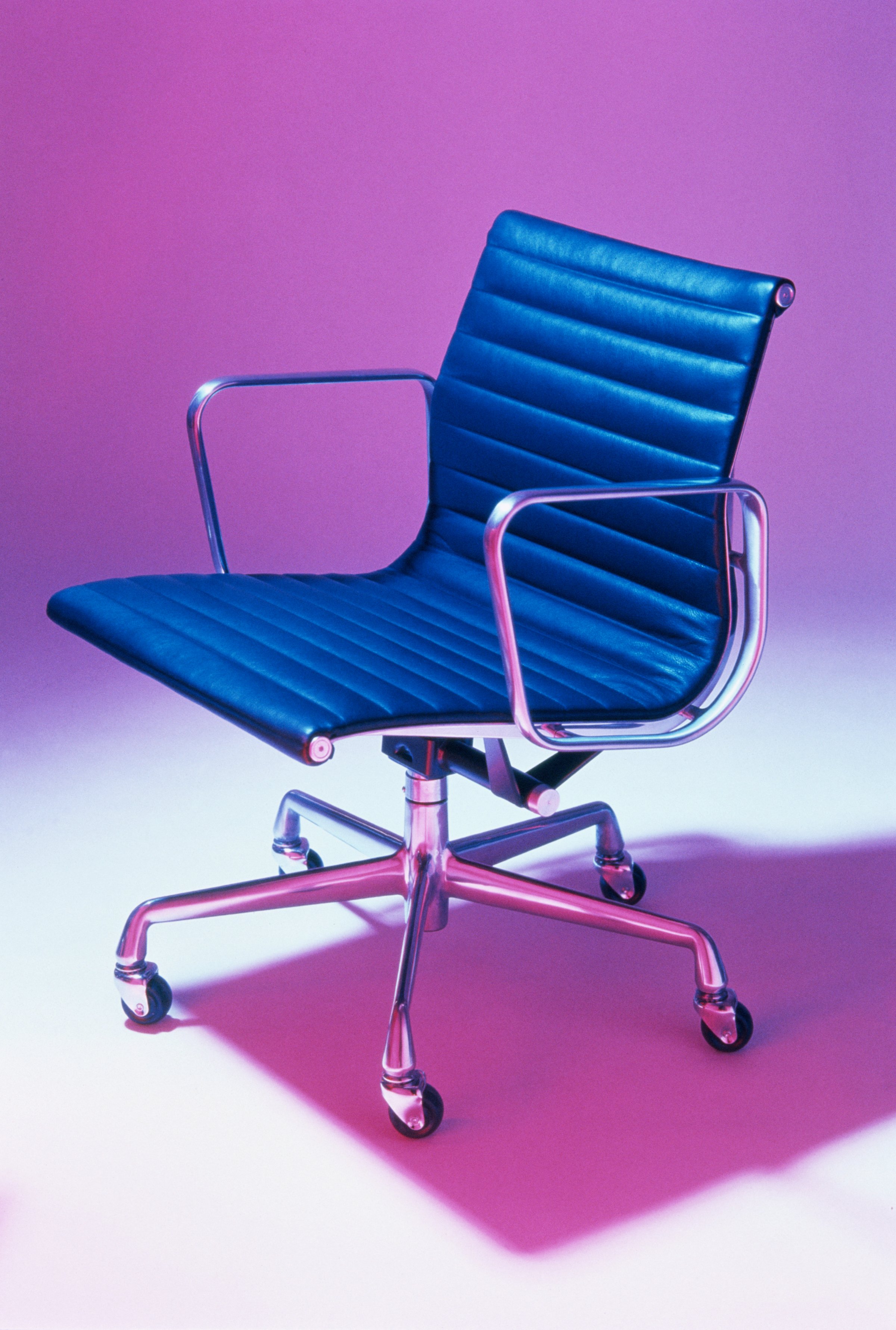
The last few years have seen a lot of research on how bad sitting all day can be.
The risks of a sedentary lifestyle include poor cardiovascular health, cancer, diabetes, and obesity. While the physical health implications are profound, it’s not just the body that suffers. Researchers are uncovering how extended periods of sitting can also affect our mental health.
These health issues are largely driven by our modern lifestyles. Work is done in cubicles and meetings, not outside in fields and dirt. This goes against our evolutionary nature to be on the move. Being idle is not good for the body or brain.
So how can we battle back against the sedentary lifestyle? Researchers are starting to look at effective ways to combat our modern lifestyle. While the solutions are simple, it might not be what you expect.
TheBrainFlux: 111 Discoveries From Brain and Psychology Research in 2015
The Study of Sitting
A recent study published in the journal Health Psychology Review found that targeting exercise isn’t the most effect method to offset sitting behaviors. The research comes from Dr. Benjamin Gardner and his team from London. They performed the first comprehensive review of methods that reduce sitting time.
Benjamin had this to say about the study:
“These findings will be of interest to researchers and practitioners designing new ways to reduce prolonged sitting, because they suggest which strategies may be most fruitful.”
Benjamin goes on:
“However, the findings should also be of interest to anyone looking to improve their health by reducing their own sitting time in their day-to-day lives, as many of these interventions can be adopted on an individual level.”
They found that targeting physical activity was an indirect way to get at the problem. Physical activity is great for your body. It just not the best method to keep you out of your chair.
Dr. Gardner and his team combed through the research literature looking for specific techniques targeted at the sedentary activity. After a careful review, they collected a total of 38 different interventions. They then categorized the methods according to effectiveness.
What Works Best
Out of those 38 methods, 23 of them were found to be effective.
Some of the effective techniques:
What makes them effective? The fact that they target sitting time directly. The researchers found that targeting the sitting time is more effective than targeting physical activity.
TheBrainFlux: 39 Brain Benefits of Exercise
They may seem like the same thing, but there’s a subtle difference. Studies are showing that you can exercise and still be a candidate for the harmful side effects of prolonged sitting. So it’s possible for a person to exercise and still sit too much.
Stuart Biddle, a co-author on the research, sums up the paper by saying this:
“The importance of this study is not in showing that interventions can work, but in pointing out how they might work. This is crucial if behavior is to be achieved more efficiently and effectively.”
Further Advice
Benjamin and his team aren’t the only ones looking to combat our sedentary problem. Another meta-analysis – a review of several studies – also found that physical activity won’t solve the sitting problem.
Dr. David Alter – the senior author on the study – offers similar advice for altering our sitting habits:
“The first step is to monitor sitting times – once we start counting, we’re more likely to change our behaviour.”
Once your more aware of just how much – or little – your activity levels are, you can begin to make changes. David outlines the next steps you can take:
“Next is setting achievable goals and finding opportunities to incorporate greater physical activity — and less time sitting — into your daily life. For example, at work, stand up or move for one to three minutes every half hour; and when watching television, stand or exercise during commercials.”
TheBrainFlux: How Sitting Can Increase Your Anxiety
Keep It Simple
Other studies have shown that simple activities can be the easiest and best strategies. Recently, it was found that small movements involved in fidgeting were enough to counteract prolonged periods of sitting. Another study found that taking a quick break and walking around for a couple of minutes every hour could also have a protective effect.
While exercise is great for brain power, it can’t completely reduce the effects of sitting on your bum all day. You still have to be mindful of how much time you spend being sedentary.
So sitters beware. In the long run, both your body and brain will suffer from too much idle time. Thankfully, it only takes a bit of awareness and some simple activity to reduce the health risks.
This article originally appeared on TheBrainFlux
More Must-Reads from TIME
- Cybersecurity Experts Are Sounding the Alarm on DOGE
- Meet the 2025 Women of the Year
- The Harsh Truth About Disability Inclusion
- Why Do More Young Adults Have Cancer?
- Colman Domingo Leads With Radical Love
- How to Get Better at Doing Things Alone
- Michelle Zauner Stares Down the Darkness
Contact us at letters@time.com